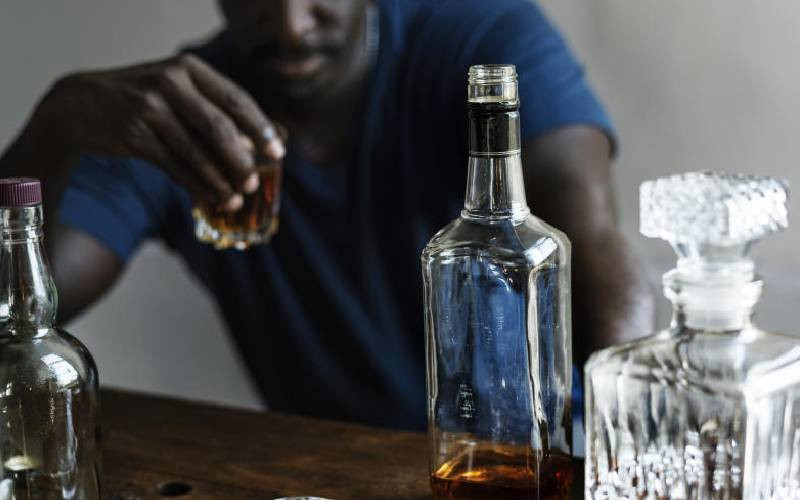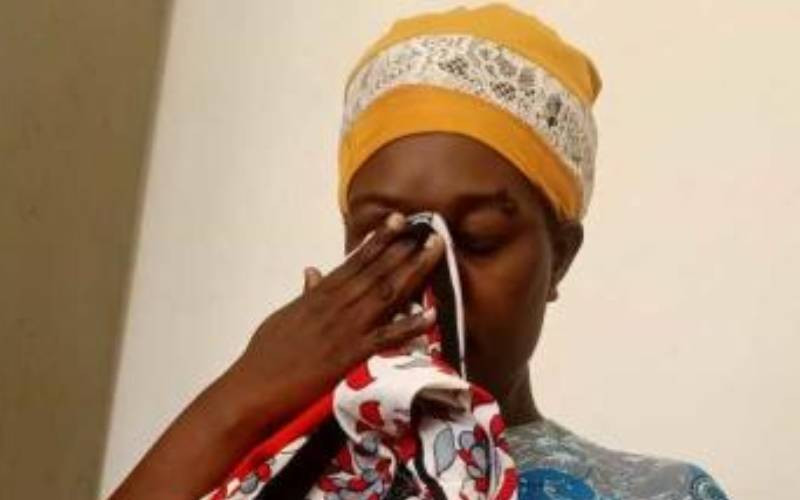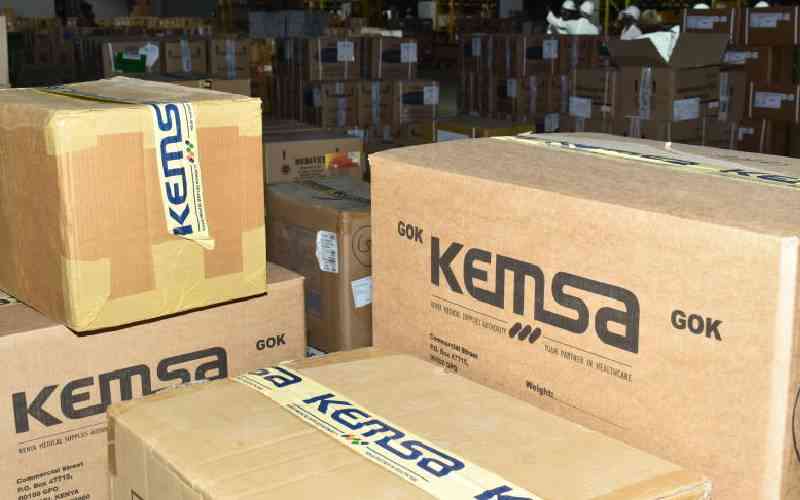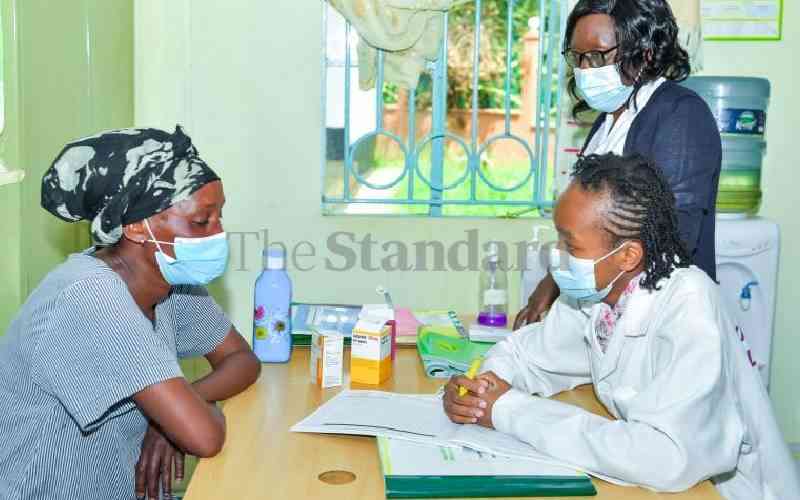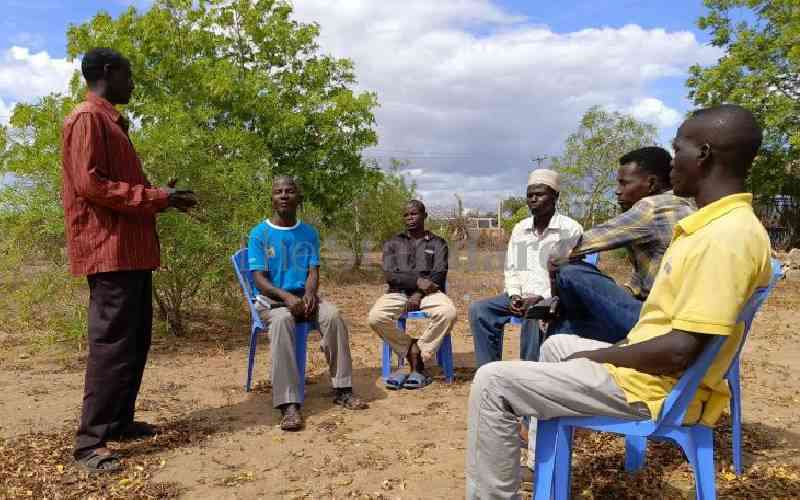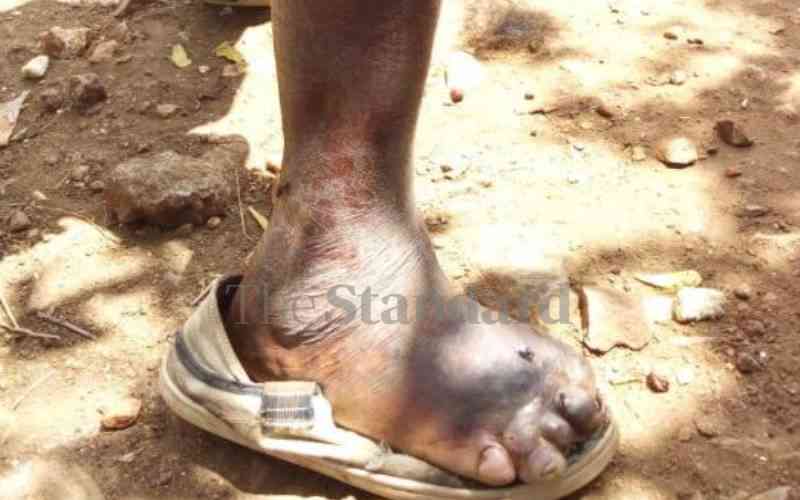
It is estimated that 15 to 25 Kenyans die daily from snake envenomation, with at least 100 others having their limbs amputated.
Some studies show that up to 85 per cent of Kenyan snakebite victims seek treatment from traditional medicine practitioners or use rudimentary means to eliminate the venom.
According to the World Health Organisation (WHO), venomous snakebites kill at least 200 people daily around the globe. The severity of snake bites had been neglected for many decades until the WHO classified it among neglected diseases (NTD).
Kenya is working around the clock to develop its own locally researched and manufactured new anti-venom serum that is more potent in dealing with the rising number of snake bites and reported stock-outs in health facilities.
This is after it emerged that snake bites are steadily rising in the country. Between 2015 and 2018, the number of people bitten by snakes across the country increased from 87 people to 19,163 victims in just three years.
All of this is happening at a time when the majority of health facilities admitting snake bite patients in the country are reporting anti-snake venom stock-outs.
To address the issue, the Ministry of Health, along with researchers from the Institute of Primate Research (IPR) and the National Museum of Kenya (NMK), have joined forces to accelerate anti-venom research and production within five years.
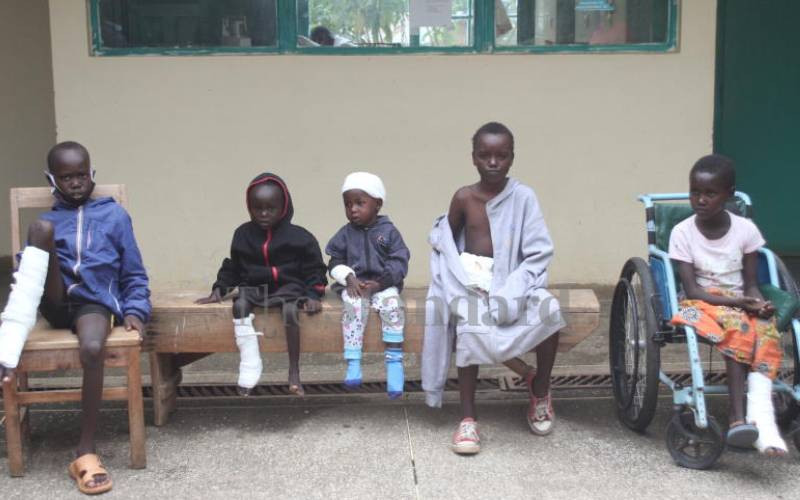
The government plans to enter into agreements with countries that are more advanced in anti-snake venom research and production, such as Costa Rica, to ensure it produces anti-venom serum that is appropriate for snake bites.
Dr George Omondi, the head of Kenya Snakebite Research and Intervention Centre (KSRIC) at the Institute of Primate Research, said the country will have a newer generation of anti-snake venoms to address the current deficiencies.
"We have rolled out an ambitious programme to encourage people bitten by snakes to seek treatment in hospitals as opposed to resorting to traditional means. We are creating awareness so that we can have behaviour change among our people," he said.
The Institute of Primate Research has written to the Kenya Medical Supplies Authority asking them to stock two anti-venom serums approved for use in Kenya. This will also effectively replace two other anti-venom serums.
For decades, Kenya has been importing anti-venom serums from India and Mexico, the VINS Snake Venom Antiserum and Inoserp Pan-Africa injection, respectively.
"WHO has since written to Kenya through the Pharmacy and Poisons Board, asking for the withdrawal of the two anti-snake venom products because the companies producing them were not following good manufacturing practices," said Dr Omondi.
"The two products were found not to be efficacious enough. As a mitigation measure, the government has entered into a contractual agreement with Mexico and Costa Rica, to import two anti-snake venoms, which are thought to be potent due to their geographical variations, including toxicity and protein content."
Omondi admitted that health facilities reported shortages of anti-snake venom across the country, but the feeling is that Kemsa should fast-track the procurement process as cases of snake bites continue to rise.

On production of locally researched anti-venom serums, Omondi said efforts are already at an advanced stage to start working with camels, baboons and cows to increase chances of having solutions tailored for local challenges.
Traditionally, the animals that have been used for harvesting antibodies that eventually are separated to produce anti-venom serum are horses and sheep.
As a result of deficiencies that are inherent in the antibodies produced by these animals, they are trying to introduce newer animals, such as camels and cows because they have special antibodies that will treat snake bites effectively.
He said Kenya has inked a deal with Costa Rica, which enables the country to set up a Sh100 billion facility to be used for packaging anti-venom serum.
But before that comes to fruition, the plan is to milk the venom and send it to Costa Rica, which will immunise animals for extraction of antibodies and send it back. This will happen until Kenya's capacity to do it here is adequate.
 The Standard Group Plc is a multi-media organization with investments in media platforms spanning newspaper print
operations, television, radio broadcasting, digital and online services. The Standard Group is recognized as a
leading multi-media house in Kenya with a key influence in matters of national and international interest.
The Standard Group Plc is a multi-media organization with investments in media platforms spanning newspaper print
operations, television, radio broadcasting, digital and online services. The Standard Group is recognized as a
leading multi-media house in Kenya with a key influence in matters of national and international interest.


